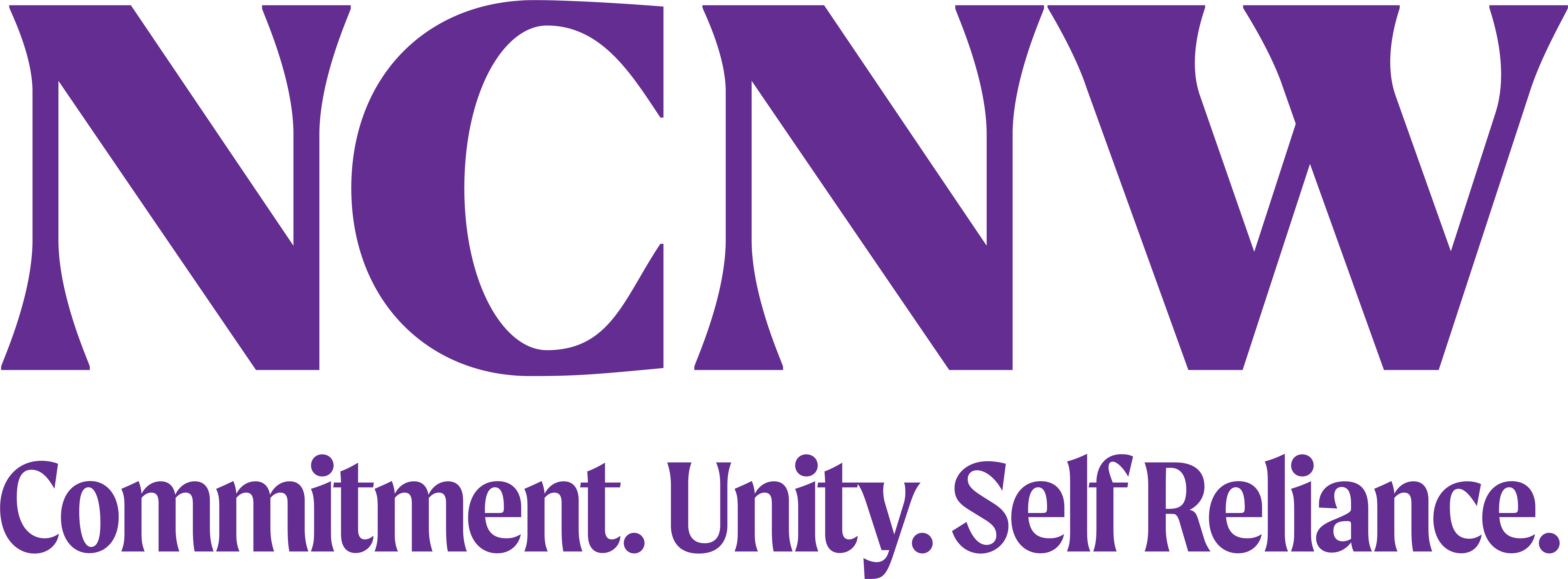Shattering Silence: AI for Equity in Intergenerational African American (AA)/Black Women Breast Cancer Care
Shattering Silence: AI for Equity in Intergenerational African American (AA)/Black Women Breast Cancer Care
Introduction
As April (the Minority Health History Month) ended I kept wondering what has changed for women of African descent and their health. Being a Black woman born in the mid-20th century and a breast cancer survivor, I understand all too well the disparities AA/Black women face in their healthcare journey. Breast cancer is a disease that affects millions of women worldwide, and the impact is particularly pronounced in African American (AA)/Black women. The disparities in breast cancer outcomes between AA/Black women and their white counterparts have been well-documented, with AA/Black women experiencing higher mortality rates despite similar or lower incidence rates. This disparity is multifaceted, influenced by factors such as access to healthcare, socio-economic status, and systemic racism. In this blog, we will explore the experiences of four generations of AA/Black women – Early 20th Century, Mid 20th Century, Late 20th Century, and Early 21st Century – in facing breast cancer, and discuss how AI tools can be leveraged to minimize the gap and improve outcomes for future generations.
Mid-20th Century - Personal Story
I am among the Mid-20th Century group, as well as a 2+ years Breast Cancer Survivor. My journey and triumph over breast cancer serve as a beacon of hope and resilience for others facing similar challenges. My experience highlights the importance of early detection, access to quality healthcare, and the critical role of support systems in navigating the complexities of a breast cancer diagnosis. This is not the same story for many of my AA/Black sisters before nor after Mid 20th Century. From implicit bias to cultural insensitivity, these challenges can have a devastating impact on our diagnosis, treatment, and overall well-being. But there’s a beacon of hope on the horizon. This is because Artificial Intelligence (AI) has the potential to revolutionize healthcare equity, particularly for Intergenerational AA/Black women.
Intergenerational Data and Experiences of AA-Black Women
In the Early 20th Century, AA/Black women faced significant barriers to healthcare access and quality treatment. Discriminatory practices and limited resources often resulted in late-stage diagnoses and poor outcomes. Despite these challenges, the resilience and strength of these women paved the way for future generations.
By the Mid-20th Century, advancements in healthcare and awareness campaigns began to improve early detection rates and access to treatment for AA/Black women. However, systemic biases and disparities persisted, impacting outcomes, and contributing to the gap in breast cancer survival rates.
In the Late 20th Century and Early 21st Century, efforts to address healthcare disparities and promote health equity have gained momentum. Increased awareness, advocacy, and research have shed light on the unique challenges faced by AA/Black women in navigating the healthcare system and accessing appropriate care. Yet, disparities in mortality rates persist. Why?
AI Tools for Minimizing the Gap
AI tools have the potential to revolutionize breast cancer care by leveraging data analytics, machine learning, and predictive modeling to personalize treatment plans, improve early detection, and enhance patient outcomes. By analyzing vast amounts of data, AI can identify patterns, trends, and risk factors specific to AA/Black women, enabling healthcare providers to deliver more targeted and effective interventions.
Furthermore, AI can help counteract the effects of biased data by mitigating intrinsic bias, discrimination, and exclusion in healthcare algorithms. By promoting diversity and inclusivity in data collection, model development, and decision-making processes, AI tools can help ensure equitable access to care and better outcomes for all patients, regardless of race or ethnicity.
Specifically - AI is A Powerful Tool for Change
AI can be a game-changer in this fight for equity. Imagine:
- AI-powered algorithms that identify and mitigate implicit bias in diagnosis and treatment recommendations.
- Language translation tools that bridge the communication gap, ensuring culturally sensitive care for all women.
- AI-driven risk assessment models that consider factors like socioeconomic background and family history, leading to more accurate risk stratification for Black women.
My Advocacy Journey- A Call to Action
As a survivor, I refuse to remain silent. I actively advocate for increased awareness and access to quality healthcare in the Black community. AI as a tool for equity is an idea I wholeheartedly support.
However, we must remain vigilant. AI is only as good as the data it’s trained on. We need to ensure diverse representation in these datasets to avoid perpetuating existing biases. Additionally, human oversight and cultural sensitivity remain crucial for ethical and effective implementation.
Together, we can
- Support organizations that promote AI tools designed to address healthcare disparities.
- Advocate for policies that ensure equitable access to these AI-powered solutions.
- Share our stories and raise awareness about the challenges Black women face in breast cancer care.
Conclusion
The journey of African American women through generations facing breast cancer reflects a history of resilience, strength, and perseverance in the face of systemic challenges. By harnessing the power of AI tools and leveraging data-driven insights, we can work towards bridging the gap in breast cancer outcomes and ensuring health equity for all. My story serves as a testament to the importance of early screening, advocacy, awareness, and empowerment in overcoming adversity and inspiring positive change. Together, we can pave the way for a future where all women have equal access to quality care and the opportunity to thrive. This is a fight for all of us, both intra and intergenerationally. Let’s leverage the power of AI to dismantle the barriers and rewrite the narrative for AA/Black women’s health.

